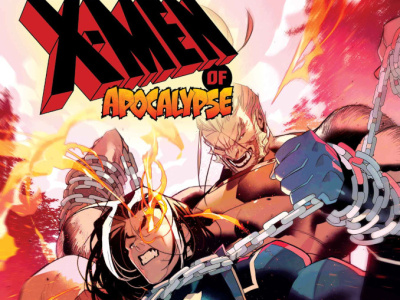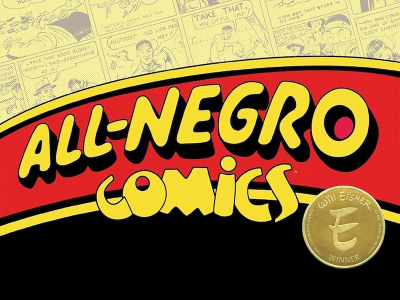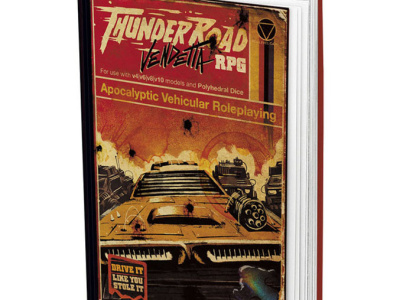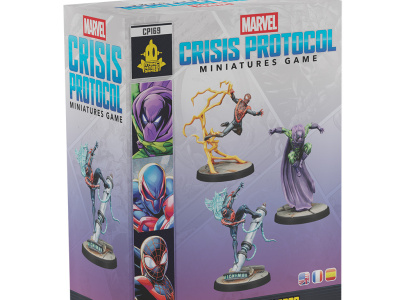As the coronavirus crisis has taken hold, CEO Steve Geppi of Geppi Family Enterprises, the company that owns Diamond Comic Distributors, Alliance Game Distributors, Diamond Book Distributors, and numerous other companies, has suddenly become more visible than he’s been in decades. We caught up with Geppi on Monday, May 11, for a wide-ranging interview about the current situation and his plans for the future. The interview was edited for length and clarity.
In Part 2 of this five-part interview, below, we talk about the surprising impact on Diamond’s relationship with DC Comics, its second largest supplier.
In Part 1, we asked about key decisions made at the end of March: to shut down most functions at Diamond and Alliance, and to delay payments to vendors. In Part 3, we talked about how GFE companies will handle the product caught in the pipeline between order and shipment during the shutdown, and Diamond’s new competitive landscape. In Part 4, we talked about what will happen if there’s rolling chaos, with regional shutdowns and openings across the country, and plans for Free Comic Book Day. And in Part 5, we talked about the reorganization of Geppi’s companies into Geppi Family Enterprises, his plans for the future of his companies, and for his ownership of them.
ICv2: The shutdown and payment decisions were one part of the surprises at the end of March and shortly thereafter. The other part was how things ended up with DC Comics, and the biggest surprise there was that there were weeks when Diamond and DC were telling customers different things, as if you weren't really communicating. How did communications get to that stage with your second‑largest supplier?
Steve Geppi: I can explain that, because I can take you to the first very call. Jim Lee called me at the beginning, when we were even still potentially considering shipping the 4/1 group. The 4/1 group was already printed and already at our two locations in Plattsburgh and in Olive Branch.
Jim was calling me. It was ironic. In the course of knowing there was only a handful of retailers open, but for whatever reason (I can give you my explanation on that, too, since then), it was important to them to try to make a showing.
When Jim called me, he said, "Steve, this is not going to be a good call for Diamond." We knew from our last contract that they had built into the contract a 60‑day out clause, so they had the right to break this exclusive on 60 days notice. In fact, it was admitted to us in a private conversation with the CFO that they had been contemplating breaking this exclusive for a period of time for reasons that they now give of wanting to have a multi‑distributor platform. Not having anticipated the virus, but I guess just in general, it seems to be in Time Warner (and I don't know what it is at AT&T) a taboo to have all your eggs in one basket, so they were looking at that.
It took us almost three years to get that contract done with them. In hindsight, I'm thinking that might have been the reason. They were shopping, trying to figure it out, but eventually figured they couldn't do it. They signed a contract that had a 60‑day out clause with the idea that, if they figured it out, then they had that 60‑day out clause. Along comes the virus, and it becomes, in their mind, a huge to‑do.
All I can figure from that is you never needed the excuse to do it, you always had the power with the 60‑day out. Now, in my mind, mistakenly, you use the virus as an opportunity.
Maybe the rationale was this. "Well, the reason we couldn't do it before when we had the option, and the reason we're doing it now with the virus, is other people aren't shipping. If we're going to fall on our face, it'll be at a time when we're not in the middle of everybody else shipping, and we look bad." I still think that was a mistake.
When Jim called me, going back to your question about the communication (and there is a lot of disinformation, and quite frankly, misinformation out there) it wasn't that we weren't communicating.
But DC would put out a press release. I'll tell you this up front: the day before you saw the press release announcing two new distributors under the auspices of Lunar and UCS, they would not tell us the night before who it was, for whatever reason, which we were a little offended by, but that's their prerogative. The next day, within three seconds, everybody knew it was Midtown, and everybody knew it was DCBS. For their reasons that only they know, they wanted to tell the world simultaneously. We were handicapped on that.
When they put out that press release, and quite frankly, in the press release, it says, "If you're wondering about availability of your product, call Diamond." They were telling the accounts to call us when we had no idea what was in the press release until they got it, too. It seems like, "We're canceling your orders."
It's like if you fire somebody, the first words out of your mouth are, "You're fired," and then you talk to them for 15 more minutes, they don't hear a word you say. All they heard was they were fired.
Similarly, in a press release, orders canceled, they didn't read the rest that clearly said, or semi‑clearly said, they were not stopping selling to Diamond. They were just resetting the numbers. Subsequently, we had to clarify that.
Then there was a snafu in that we talked them into not canceling the orders, and they said yes, so we put out our press release, and then they changed it again.
I’m not saying this out of sour grapes, because I'm still out there saying we love DC, which we do. We're still doing everything we can. We're accepting competition. That's part of the surprise about the communication. Quite frankly, it surprised us, too.
I'll get ahead of you a little here, in case you were going to ask me about Tuesday versus Wednesday?
Go for it.
Here's my version of that. Everybody's speculating, what is DC doing? Why Tuesday, change everything? What is that going to mean? All of those things are applicable. Let me tell what I think is the real reason, and I'm almost 100 percent certain.
I get these emails from Warner that try to sell me DVDs, try to sell me products. In the Warner world, Tuesday is becoming Warner Tuesday. They uniformly want to put out their products on Tuesday, which tells me this is non‑negotiable. This is a Warner initiative that is telling the world that Warner Tuesdays, your DVDs come out, your comics come out, your everything else. Look into that and I think you'll agree with me.
It does still create the issues of, if you're a guy who owns a store, and you have a subscription service, now you've got to do your subscription service twice. If you're a consumer, though, and you buy more than DC, unless you're a total fanatic, you probably don't want to come in twice, especially during a quarantine period, where you might run into trouble.
If I'm a consumer, I'll wait until Wednesday and pick everything up. There's a lot of nonsensical things that have gone into this. What makes it make sense from a DC standpoint is they don't have a choice. I mean from a Jim Lee or somebody in that part of DC world, because they would probably understand that this isn't changing anything, other than making more trouble for the retailers. If Warner on high says, "We want our products out on Tuesday with everybody else's," what are you going to say? You've got no choice. That's my feeling on it.
That Tuesday release day is the entire book business. It's the entire home video business. What makes you think it's just Warner?
They're trying to uniformize that. That's what happening. Now, whether that turns around and makes the comic industry become the tail wagging the dog on us, and we all convert to Tuesday, that remains to be seen.
I could do anything that the retailers want and the publishers want, but right now I'm not getting the sense that everybody wants to switch to Tuesday because DC did. Until I get an overwhelming sense of that, I don't think we're going to consider changing that.
Click here for Part 3.
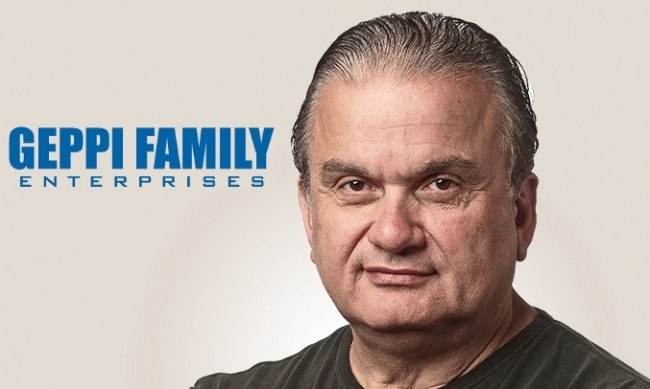
Diamond and DC Comics
Posted by Milton Griepp on May 21, 2020 @ 3:26 am CT
MORE COMICS
From Marvel Comics
August 19, 2025
Following X-Men of Apocalypse Alpha #1 next month, Jeph Loeb and Simone Di Meo's epic Age of Apocalypse sequel series continues this November in X-Men of Apocalypse #1.
Remastered Paperback Edition of Eisner Winner with New Content
August 19, 2025
The digitally remastered edition of the Eisner-winner includes new content.
MORE NEWS
New Post-apocalyptic RPG Based on the Board Game
August 19, 2025
9th Level Games revealed Thunder Road: Vendetta RPG , a new post-apocalyptic RPG, which has hit preorder for retail.
For 'Marvel: Crisis Protocol'
August 19, 2025
Atomic Mass unveiled two new Spider-Man Character Packs for Marvel: Crisis Protocol.




